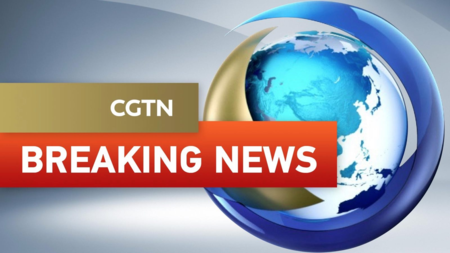In a historic shift on Sunday, the UK, Australia and Canada formally recognized the state of Palestine, marking a milestone in global diplomacy. The joint announcement, delivered by each country’s foreign minister, signals a new chapter in Middle East peace efforts.
With these additions, more than 140 out of 193 United Nations members now recognize Palestine. The move reflects growing international support for a two-state solution and follows years of advocacy by Palestinian authorities.
Reactions have been mixed. Palestinian leaders welcomed the recognition as a step toward equal footing in international forums, while Israel expressed disappointment and urged a focus on direct negotiations. Analysts say this decision could reshape diplomatic dynamics and encourage other Western nations to follow suit.
Business and tech sectors are watching closely. Investors eyeing emerging markets in the region hope that clarity on Palestine’s status will unlock opportunities in sustainable energy, digital infrastructure and startups. Young entrepreneurs see potential for new innovation hubs and cross-border partnerships.
For travelers and digital nomads, evolving visa policies and embassy services could open doors to cultural exchanges and immersive experiences. Students and activists are already planning virtual dialogues and in-person forums to explore peacebuilding initiatives on the ground.
As the global conversation gains momentum, young leaders and influencers are calling on other G20 members to consider their own stance. Whether tuning in from Toronto, Sydney or London, this development underscores the power of collective action in shaping the future of international relations.
Stay curious and join the dialogue: how will this recognition influence the broader path to peace in the Middle East?
Reference(s):
cgtn.com



